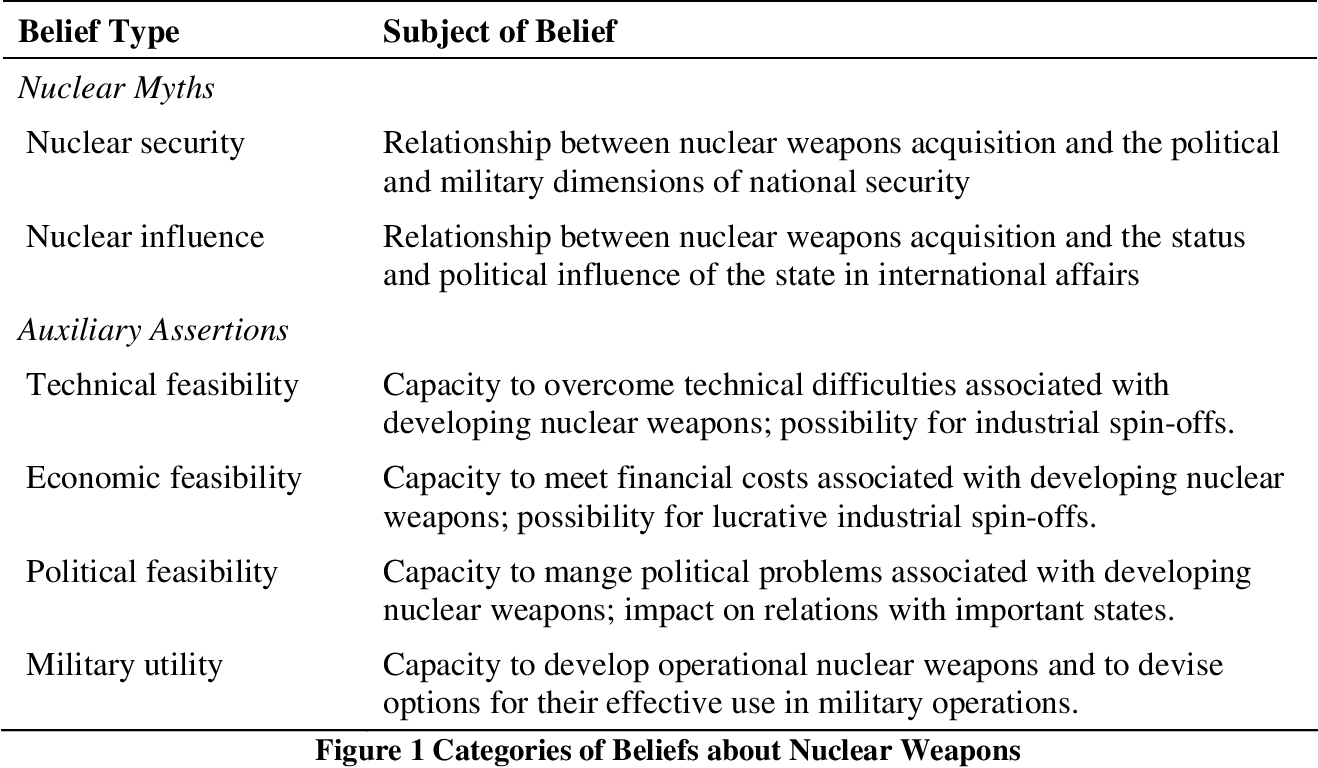Q.5 Define the concept of Strategic Culture and highlight the major determinants of Pakistan’s Strategic Culture. 2018

Strategic culture refers to the set of beliefs, values, and norms that shape a country’s approach to strategic issues, including defense, security, and foreign policy. It reflects a country’s historical experiences, geopolitical context, and national identity, and influences how a country perceives and responds to threats and opportunities in the international system.
In the case of Pakistan, its strategic culture is shaped by several key determinants, including:
- Historical experiences: Pakistan’s strategic culture is heavily influenced by its historical experiences, particularly its conflict with India over the disputed region of Kashmir. This has led to a strong focus on military power and a perceived need for strategic depth to counter potential Indian aggression.
- National identity: Pakistan’s strategic culture is also shaped by its national identity as a Muslim state, which has led to a perceived need to defend against perceived threats to the country’s Islamic identity.
- Geopolitical context: Pakistan’s strategic culture is also influenced by its geopolitical context, particularly its location at the crossroads of South Asia, the Middle East, and Central Asia. This has led to a strategic focus on maintaining influence in Afghanistan and maintaining strong ties with China and the United States.
- Military dominance: Pakistan’s strategic culture has also been shaped by the dominance of its military in political affairs, which has led to a greater emphasis on military solutions to security challenges.
- Nuclear weapons: Pakistan’s acquisition of nuclear weapons has also had a significant impact on its strategic culture, contributing to a perception of greater strategic depth and a sense of deterrence against potential adversaries.
Overall, Pakistan’s strategic culture reflects a complex interplay of historical experiences, national identity, geopolitical context, military dominance, and nuclear weapons, which have shaped its approach to strategic issues and influenced its behavior in the international system.